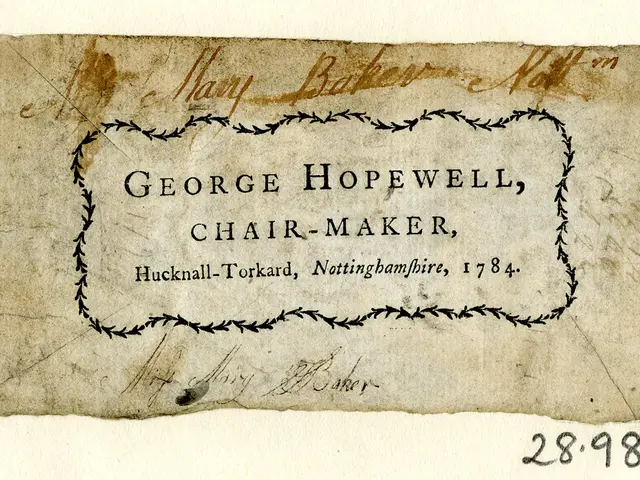Rhode Island Eyes Ending Sports Betting Monopoly, Inviting Major Brands
Rhode Island is considering ending its sports betting monopoly and introducing competition. Regulators may seek proposals later this month, potentially inviting major brands like DraftKings, FanDuel, and BetMGM. The current exclusive contract with IGT expires in late 2026.
The state's Senate passed a bill earlier this year to expand licensed operators, but it stalled in the House. Lottery spokesperson Paul Grimaldi confirmed they're exploring the feasibility of adding more betting apps, evaluating potential benefits and revenue impact. DraftKings has previously supported legislation allowing three to five licensed operators by mid-2026. Ballys has also expressed interest in participating in future requests for proposals. The Rhode Island Lottery received responses from eight major companies, including DraftKings, FanDuel, and BetMGM, to a summer request for information.
If approved, the change could bring leading sportsbook brands to Rhode Island, increasing competition and potentially boosting state revenue. The process is expected to begin later this month, with the current exclusive contract set to expire in November 2026.
Read also:
- Maison Artemisia, Mexico City's New Cocktail Haven, Opens in Roma Norte
- Immortal Standard Bearer: A Unique Play-Concert Premieres in Moscow 2025
- Berlin's Thriving Latin American Cultural Scene: 'Barrio Berlin' Festival and Iconic Bookstores
- Ural Folklore Comes Alive in 'Fairy Tales with Orchestra' Tour






